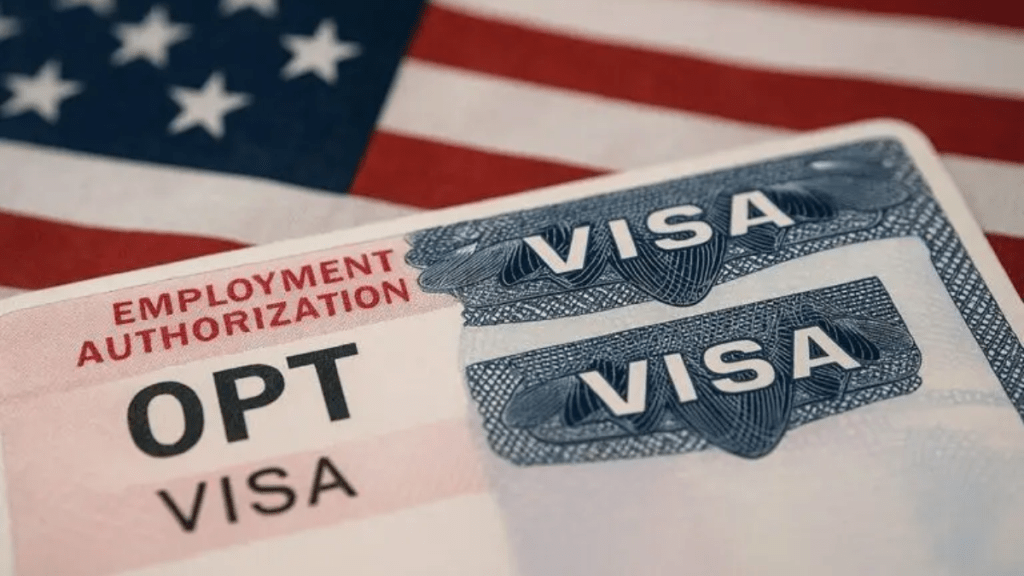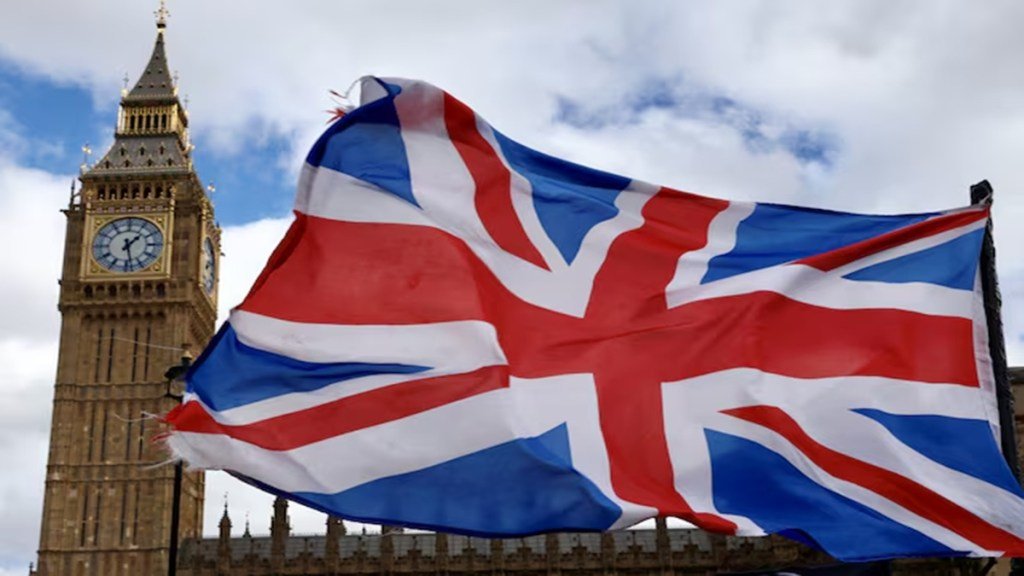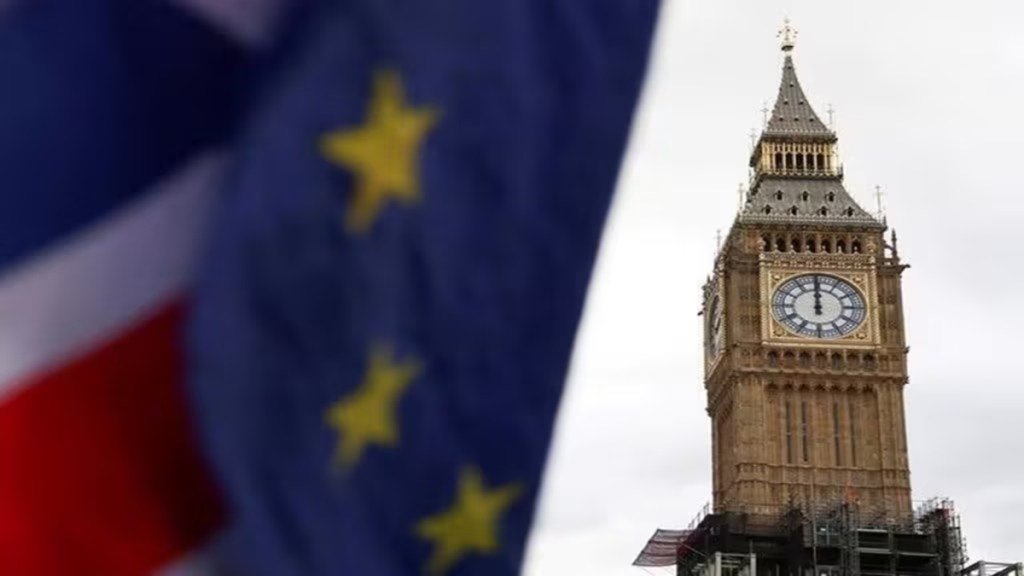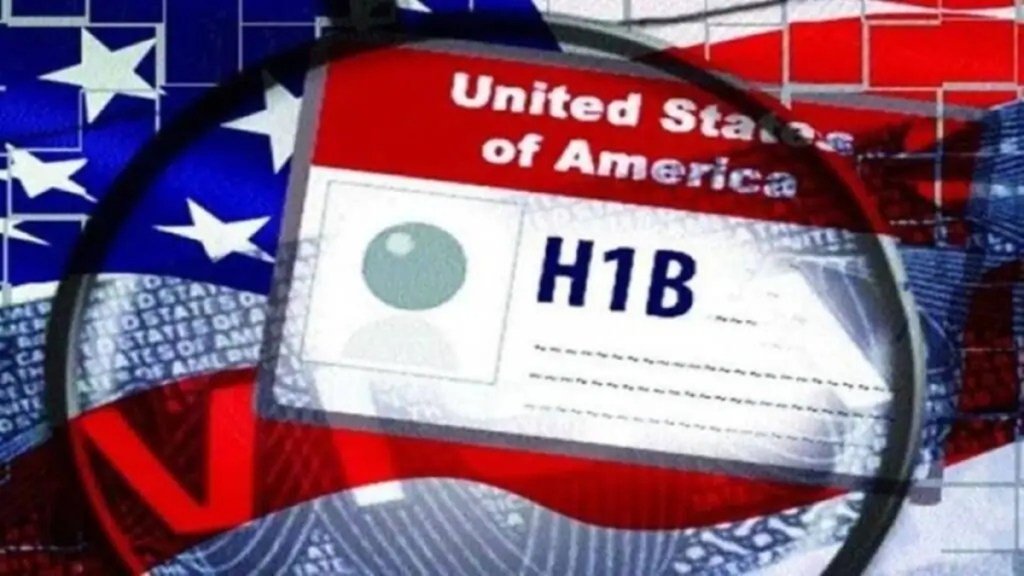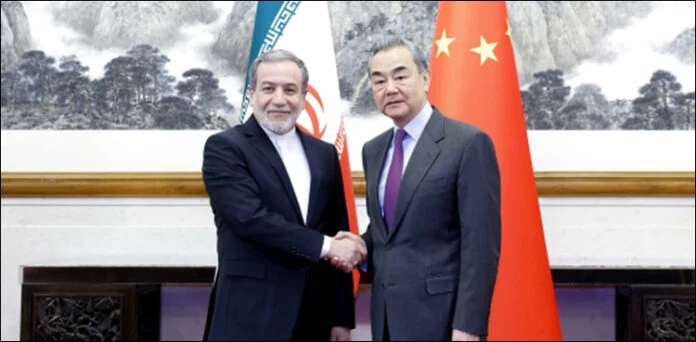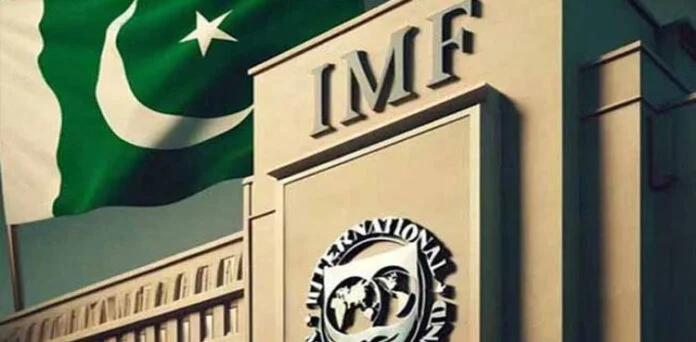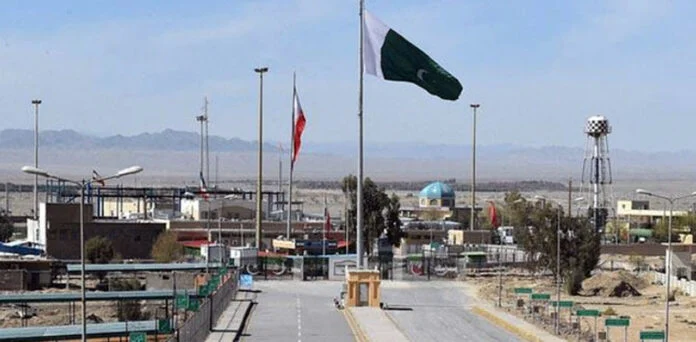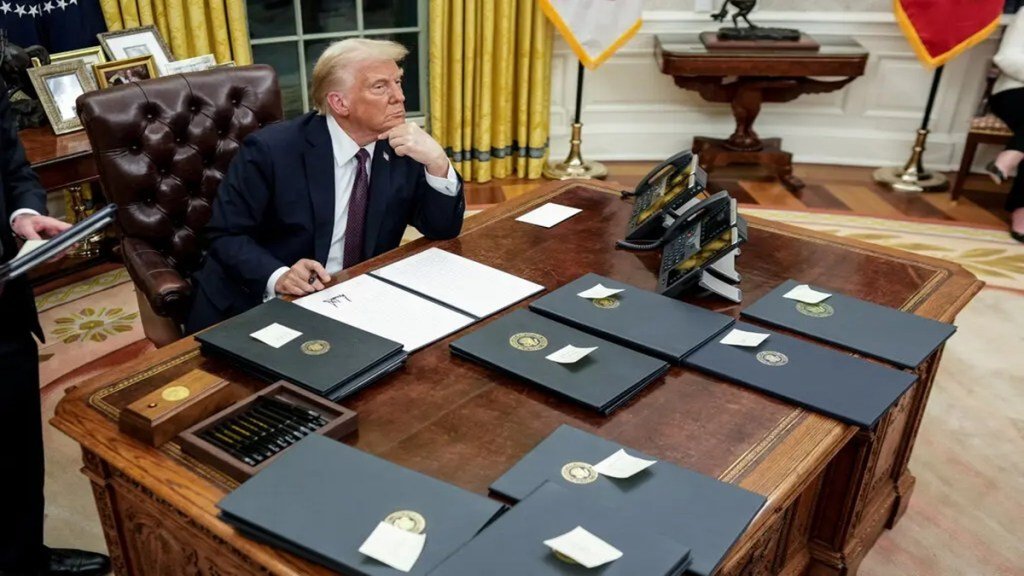
On his first day in office, President Donald Trump signed an executive order that sought to deny U.S. citizenship to children born in the country unless at least one parent was either a citizen or a legal resident. The order was swiftly challenged in court, and several lower courts declared it unconstitutional. The issue eventually reached the Supreme Court.
Last week, the justices heard initial arguments on the executive order. Central to the hearing was the question of whether lower federal judges should have the authority to block presidential directives on a nationwide basis while legal challenges are ongoing.
Representing the Trump administration, Solicitor General D. John Sauer argued that such judicial blocks pose significant obstacles to the executive branch’s ability to implement policy. He emphasized the urgency of restricting the power of lower courts to issue sweeping injunctions that can delay or derail presidential actions.
The justices questioned Sauer for over an hour. Justice Elena Kagan noted that the administration had lost in every lower court and questioned why the case had been brought before the Supreme Court, suggesting the outcome seemed clear based on existing precedent.
Justice Samuel Alito voiced concern about lower court overreach, criticizing what he described as a tendency among some judges to believe their interpretation is always correct, potentially justifying broad legal actions such as nationwide injunctions. He expressed skepticism about the appropriateness of such injunctions, which have become increasingly common in high-profile policy disputes.
On the other side, the solicitor general of New Jersey, representing a coalition of states, argued that supporting the executive order could lead to a fractured system of citizenship laws across the country. He warned of the practical dangers of allowing states or regions to interpret constitutional guarantees like birthright citizenship in inconsistent ways.
Throughout the two-hour session, the justices wrestled with two key issues: the legal standing of nationwide injunctions and the constitutional validity of the birthright citizenship order itself. Critics of the policy argue that it directly conflicts with the 14th Amendment and established Supreme Court rulings, which have long held that birthright citizenship is a constitutional guarantee.
While some justices seemed open to the idea of limiting nationwide court orders, others appeared more concerned about the far-reaching implications of denying citizenship to individuals born on U.S. soil. Observers noted that the court did not clearly lean in one direction, and it remains uncertain how the justices will ultimately balance the separation of powers with constitutional protections.


